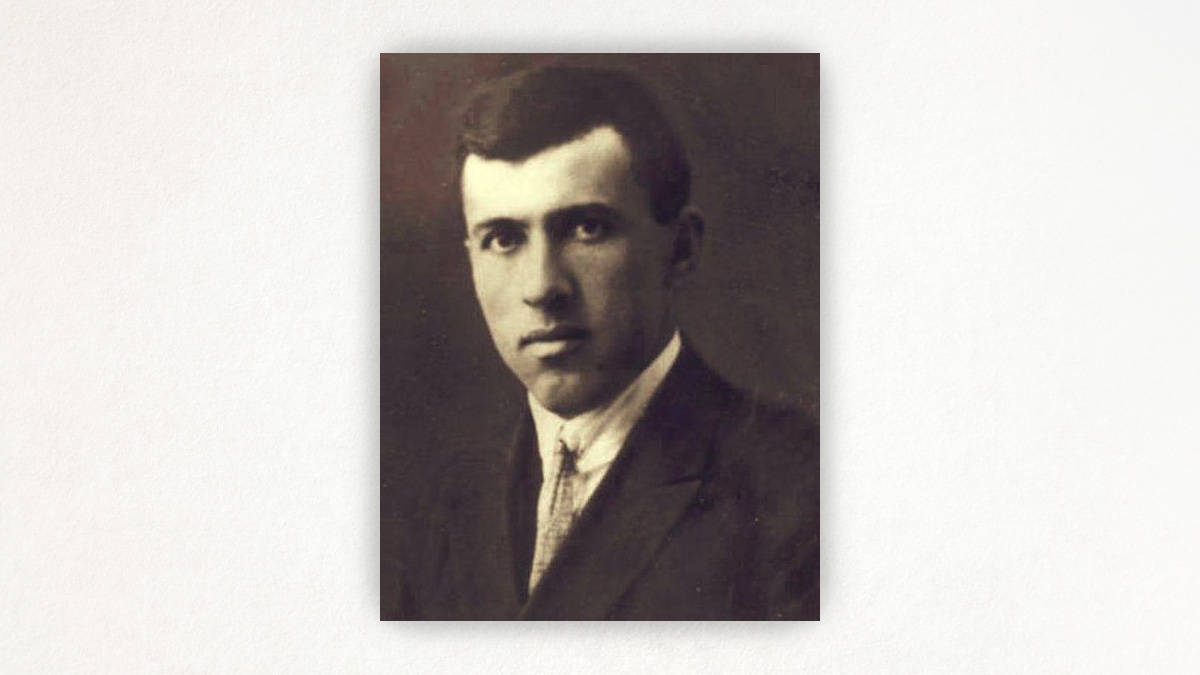Haik Asatrian was an Armenian political theorist and an associate and close friend of Garegin Nzhdeh who became a victim of Stalinism.
He was born in the village of Yerits, in the district of Alashkert (Western Armenia) on February 5, 1900. His father was the head of the village and passed away when he was eight. He remained under his mother’s care along with his siblings.
Asatrian finished the local school and then joined the Student Union of the Armenian Revolutionary Federation. During the genocide, he found refuge in Eastern Armenia and continued his studies at the Diocesan School of Yerevan. He published Shant, the periodical of the A.R.F. Student Union (1918-1919), and participated in the Ninth World Assembly of the party in 1919 as representative of the Student Union. He fought in the rebellion of February 1921 against the Soviet regime and then left Armenia, settling first in Romania and then in Bulgaria. He later studied at the Faculty of Philosophy of the Charles University of Prague (then Czechoslovakia), graduating in 1930 with a doctorate.
He returned to Bulgaria and continued his political engagement, becoming a member of the A.R.F. Central Committee. However, due to disagreements with his comrades, Asatrian was expelled from the party in 1936. He was a close associate of Garegin Nzhdeh and embraced the nationalist doctrine called tseghagronootioon founded by the latter, which later evolved into a new teaching called daronaganootioon. They co-edited the journal Ardziv Daroni and the weekly Razmik in Bulgaria from 1937 to 1944.
In 1942, Asatrian published the first volume of the book Armenia: Aryan Outpost in Western Asia (in Armenia). He traveled to Germany in 1942-1943 to attempt the publication of its German translation, but it is not clear whether he succeeded in doing it. This book was meant to prove the Indo-European origin of the Armenian people and its political importance in Western Asia as an “Aryan” and Christian people amid propaganda in the German press that Armenians were of Semitic origin and were to be exterminated like the Jewish people.
Upon his return to Bulgaria, Asatrian finished the second volume of his book, but it appears that the manuscript was seized by the Soviet intelligence when he was arrested in 1944 by the Soviet army invading Bulgaria. He was imprisoned and his family subjected to internal exile. Asatrian spent the next ten years in prison in the Soviet Union until he was granted amnesty in 1955. He returned to Bulgaria, and died in the capital Sofia on January 13, 1956, of a heart attack.

